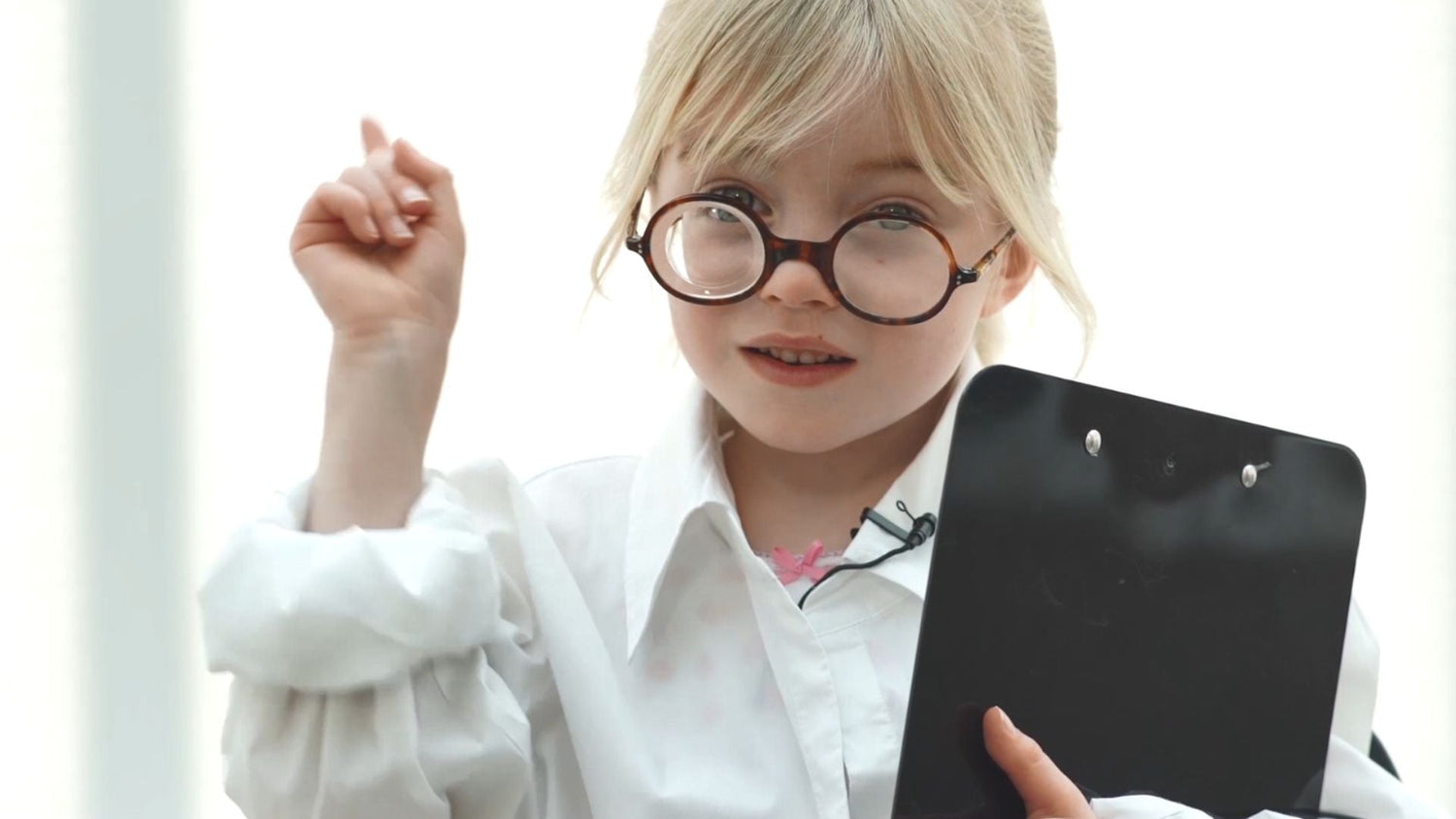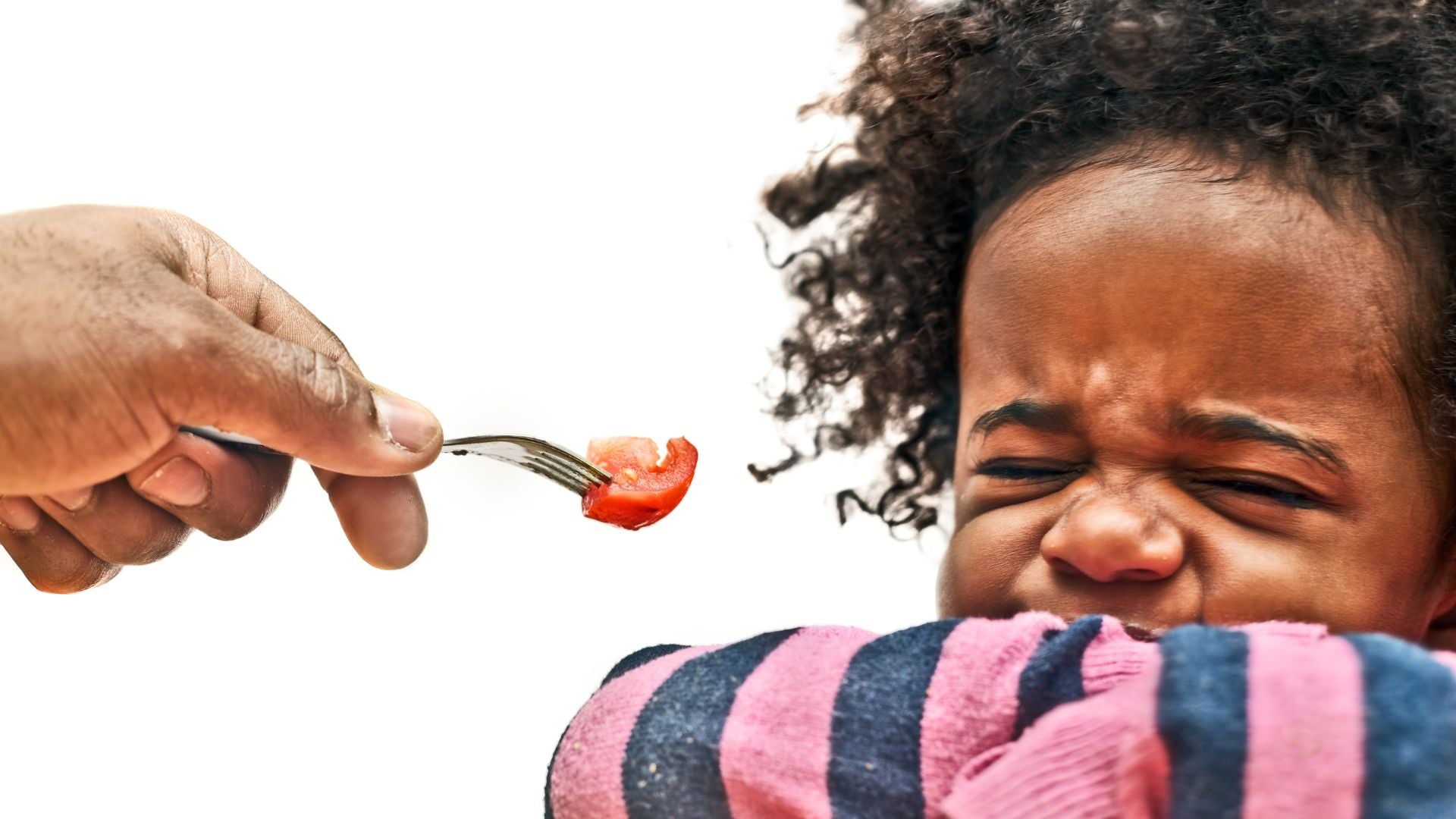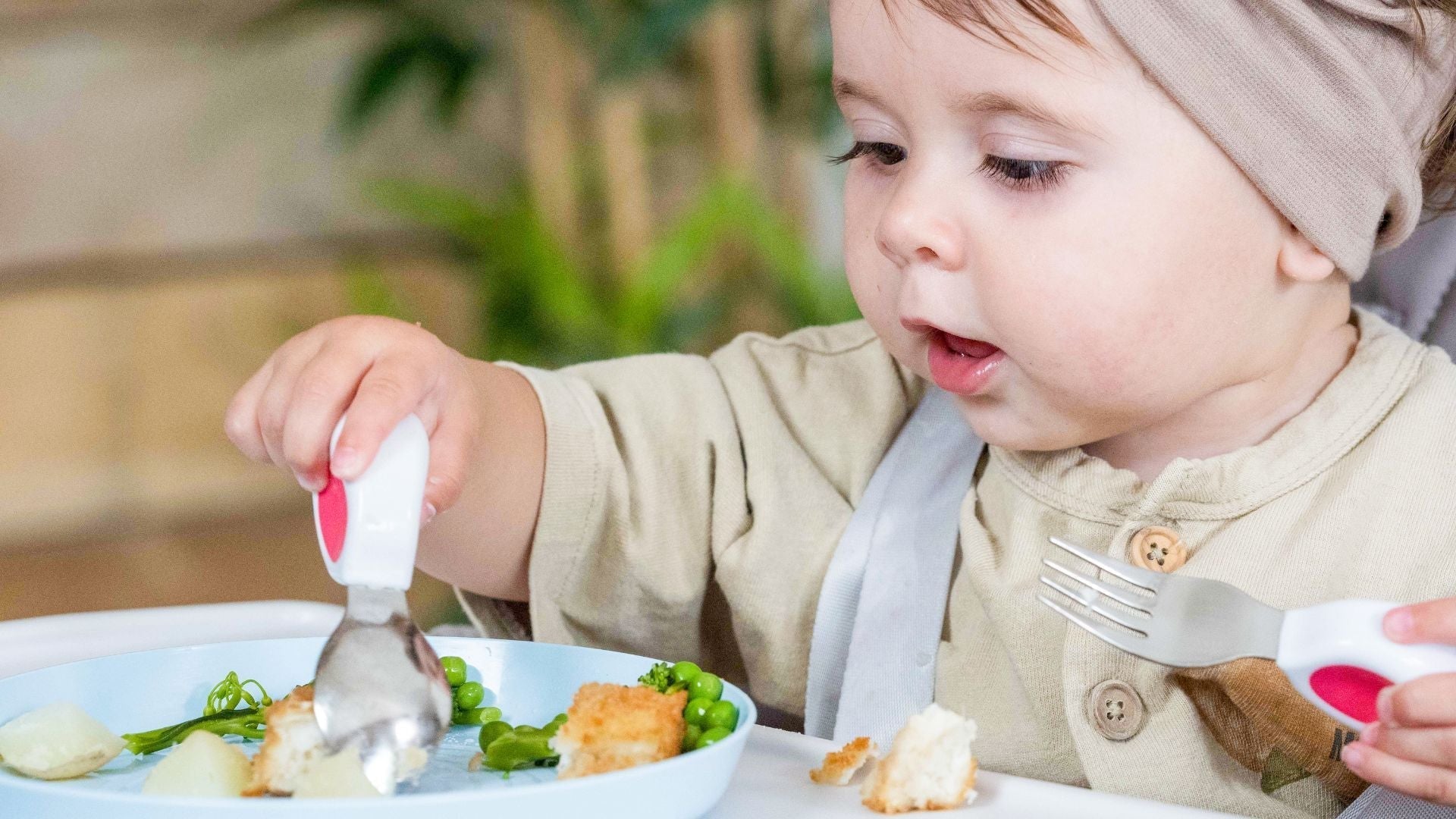Are you ready to turn your kitchen into a mini science lab? No, we're not talking about breaking out the Bunsen burners (although that would be pretty cool). We're talking about using everyday foods to encourage your toddler's natural curiosity and love of learning.
You see, food is more than just a way to fuel those endless rounds of hide-and-seek. It's also an opportunity for your little one to discover basic science concepts through play and exploration. By incorporating simple, safe activities into your daily routine, you can help your toddler develop fine motor skills, engage their senses, and have a blast while learning.
But don't worry, you don't need a degree in chemistry or a fully stocked laboratory to make this happen. In this blog, we'll explore:
- Simple and safe food-based experiments you can do at home
- How these activities encourage fine motor skill development
- Tips for balancing exploration with everyday routines
So, let's dive in…
Simple and safe food-based experiments

Here are a few easy, and (relatively) low-mess ideas to get you started:
Colour mixing with fruit juices
Grab a few clear glasses and some different coloured fruit juices (like orange, cranberry, and apple). Let your toddler pour the juices into the glasses and watch in amazement as they mix and create new colours.
Learning opportunity: This is a great way to introduce basic colour theory and the concept of mixing liquids.
Sinking vs floating foods
Fill a large bowl with water and gather an assortment of toddler-safe food items, like halved grapes or cherry tomatoes, and pieces of cereal. Have your toddler drop each item into the water and observe whether it sinks or floats.
Learning opportunity: This experiment teaches basic density concepts and encourages your child to notice differences in food textures.
Dissolving and absorption with foods
Set out small bowls of water and provide your toddler with various ingredients like sugar, salt, and oats. Let them sprinkle each substance into the water and observe what happens. Do the ingredients dissolve or absorb the water?
Learning opportunity: This activity introduces the concept of solubility and changes in texture.
Remember, the goal is to keep these experiments simple, safe, and fun. Supervise your child closely and choose age-appropriate foods to avoid choking hazards.
Encouraging fine motor skills through experimentation

Food-based experiments aren't just about science - they're also a sneaky way to help your toddler develop important fine motor skills. Here are a few activities that will get those little fingers working:
Pinching and grasping
Set out bowls of small, easily grasped foods like peas, corn, or pieces of cooked pasta. Encourage your toddler to use their thumb and forefinger to pick up each piece and transfer it to another bowl.
Learning opportunity: This activity helps develop the pincer grasp, which is essential for skills like writing and buttoning clothes.
Pouring and stirring
Give your child a small jug of water or juice and let them practice pouring it into cups or bowls. You can also provide them with a whisk or spoon to stir mixtures in a bowl.
Learning opportunity: These activities improve wrist control, precision, and hand-eye coordination.
Scooping and transferring
Grab some toddler cutlery and a bowl of dry ingredients like rice or lentils. Show them how to scoop the ingredients and transfer them to another container.
Learning opportunity: This activity enhances hand dexterity, concentration, and focus.
If you're worried about your child's fine motor skill development, remember that every child grows and learns at their own pace. For more information and tips on how to support your little one's progress, check out our article on understanding and addressing motor skill challenges. You've got this,
Balancing exploration with everyday routines
We know what you're thinking: "This all sounds great, but I don't want my kitchen to look like an earthquake hit!" Don't worry, there are ways to encourage curiosity without sacrificing your sanity (or your home).
One strategy is to set aside specific times for experiment play. This helps your toddler understand that there's a designated time and place for exploring with food. During these sessions, focus on guided observation and conversation rather than full-on culinary chaos.
You can also use playful prompts to guide your child's learning. Ask open-ended questions like, "What do you think will happen if we mix these two colours together?" or "Why do you think the grape sank but the tomato floated?" Encourage your toddler to make predictions and test their ideas.
Finally, keep experiments low-prep and mess-managed by using easy-to-clean surfaces and child-friendly tools. Stick to small portions of ingredients and consider reusing them in future experiments or cooking projects to minimise food waste.
Build curiosity, develop skills

Food science experiments are a wonderful way to nurture your toddler's natural curiosity while sneaking in some valuable learning opportunities. By using everyday ingredients and simple, safe activities, you can help your child discover basic scientific concepts, develop fine motor skills, and have a blast in the process.
So go ahead, embrace the mess (within reason), and let your little one explore the magic of food. You might be surprised at how much they absorb - and we're not just talking about the paper towels!
And if you're looking for more ways to support your toddler's mealtime independence and skill development, be sure to check out our range of child-friendly cutlery.
With the right tools and a healthy dose of curiosity, the possibilities are endless.
Happy experimenting!




Leave a comment
This site is protected by hCaptcha and the hCaptcha Privacy Policy and Terms of Service apply.